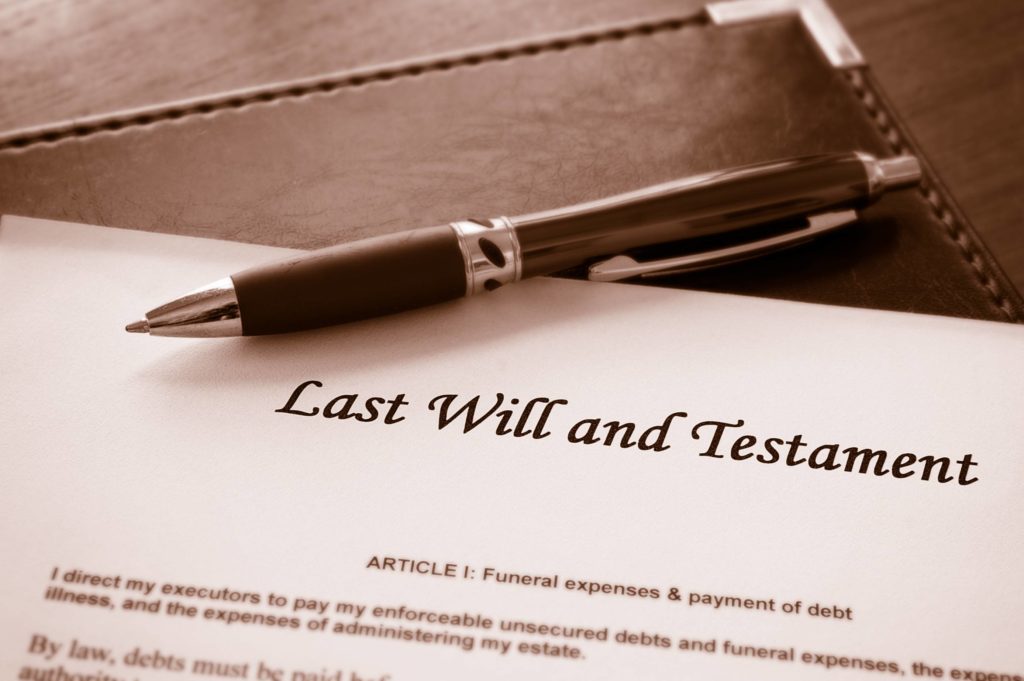As the saying goes, if you were hit by a bus tomorrow, who would you want your assets to go to?
By having a will, and if something unexpected happens, your assets will pass onto the person(s) you choose.
Research by comparethemarket.com.au reveals that many Australians do not have a will, including almost half that has home mortgages.
Most individuals under 40 will organise their will when they buy a significant asset, such as their home.
Most over-50-year-olds tend to prepare their will when they get married or have children.
It is important to note that each state has different laws pertaining to wills, particularly how assets are distributed when there is no will in place.
Issues to be aware of when formulating your will
- If an individual dies intestate, their direct family is automatically entitled to their assets. Specifically, the spouse will inherit the entirety of the assets.
However, if no spouse exists, assets will be inherited by the next available relative and distributed equally. This is determined by the state order, with the relative order being children, parents, siblings, grandparents, aunts, uncles, then cousins.
If the deceased leaves no spouse, the children will share the assets equally, but if there are no children in this situation, the living parents get equal shares.
Only in the case that there are no eligible relatives will your assets be passed onto the state.
- Your superannuation is an asset held in trust for you. The benefits are generally paid out when you satisfy a condition of release, such as turning age 60 and retiring or age 65. Alternatively, the assets are paid out when you die. Note it is generally at the trustee(s) discretion who receives your superannuation unless you have a Binding Death Benefit Nomination in place. Please refer to your superannuation fund before formulating your will. There are case law instances where the deceased wanted all assets distributed to his two children. However, the trustee of his superannuation distributed the accumulated investment benefits within the superannuation fund and the life insurance proceeds within the superannuation fund to his de facto.
- Assets may need to be sold. Assets may be liquidated to pay out debt if bankruptcy is declared when there are more liabilities than assets. The comparethemarket.com.au survey found that 22% of respondents incorrectly assumed that their partner or family members wouldn’t be forced to sell assets for other parties to claim a share when they die.
- You have no control over who becomes the guardian of your children. If a parent passes away with children under 18, guardianship is automatically given to the surviving parent. However, suppose this option isn’t viable due to them refusing the role or no second parent being alive. In that case, the court may appoint a guardian – who may or may not be an individual you would like to be the guardian of your children.
Should you require further information in relation to making a will, please feel free to contact Peter Quinn by submitting an enquiry or calling us on +61 2 9580 9166 to book an obligation-free appointment.
The information in this document does not take into account your personal objectives, financial situation or needs and so you should consider its appropriateness having regard to these factors before acting on it. It is important that your personal circumstances are taken into account before making any financial decision and it is recommended that you seek assistance from your financial adviser.

